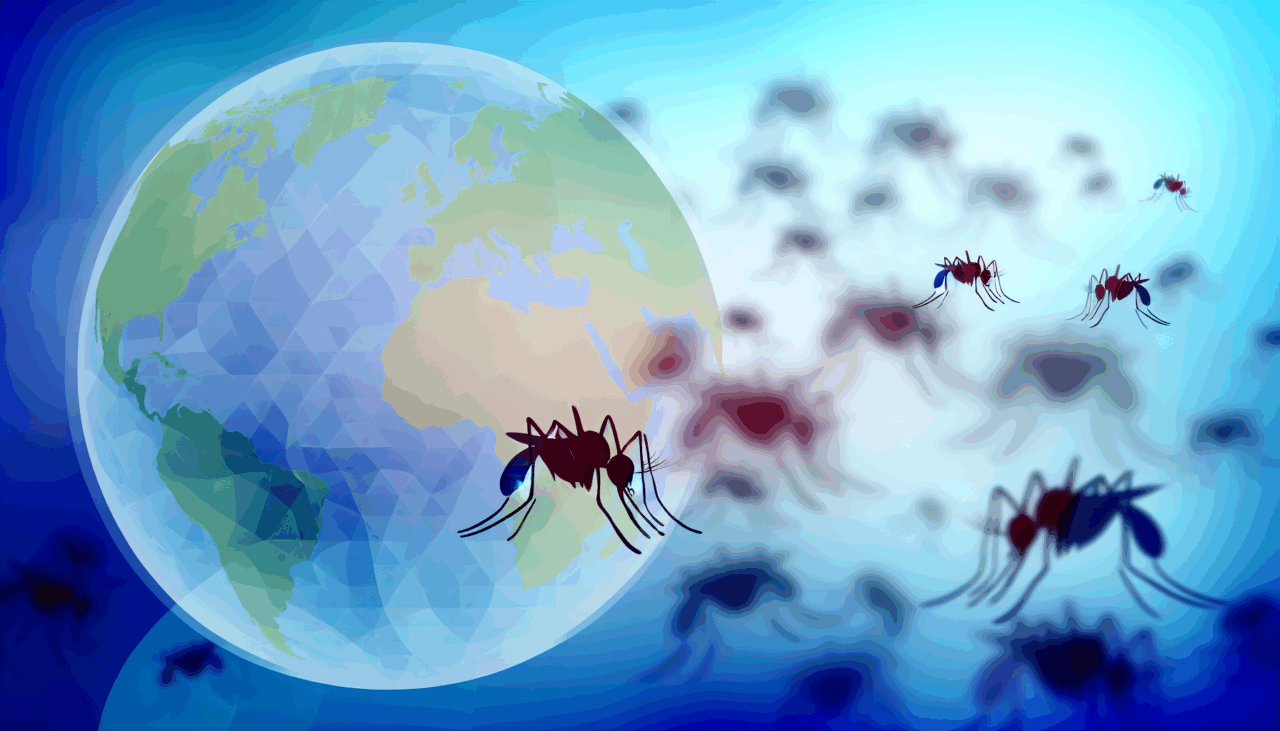Introduction to Dengue Fever and Its Transmission
Dengue fever, a viral disease primarily transmitted by the Asian tiger mosquito, has traditionally been associated with tropical and subtropical regions. While most individuals recover from the illness, some may experience severe symptoms such as significant bleeding, a sudden drop in blood pressure, and even death. Recent research published in Global Change Biology suggests that climate change could facilitate the spread of dengue fever into Western Europe, expanding the habitat of the Asian tiger mosquito.
The Role of Climate Change in Mosquito Habitat Expansion
The Asian tiger mosquito, known for laying its eggs in water, thrives in warm temperatures that allow larvae to develop into adult mosquitoes. Since its initial appearance in Albania in 1979, the mosquito has spread throughout Southwest Europe and is now moving northward into France. The study indicates that climate change is likely to make major Western European cities, including London, Vienna, Strasbourg, and Frankfurt, suitable environments for the mosquito.
Modeling the Spread of the Asian Tiger Mosquito
Researchers utilized modeling and recent observational data to assess the potential spread of the Asian tiger mosquito under changing climate conditions. The findings suggest that the mosquito’s northward expansion in France has accelerated significantly, from approximately 6 kilometers per year in 2006 to 20 kilometers per year by 2024. This rapid spread raises concerns about the mosquito establishing itself in northern France within a decade, from where it could easily reach London, a city already deemed climatically suitable for this vector.
Implications for Public Health in Western Europe
The potential establishment of the Asian tiger mosquito in Western Europe poses significant public health challenges. In addition to dengue fever, this mosquito species is also a known vector for other diseases such as Zika and chikungunya. The study’s corresponding author, Andrea Radici, Ph.D., from the Université de Montpellier in France, emphasizes the urgency of addressing this issue to prevent future outbreaks.
Conclusion and Future Directions
As climate change continues to alter global ecosystems, the spread of vector-borne diseases like dengue fever into new regions becomes increasingly likely. The study underscores the importance of monitoring mosquito populations and implementing effective control measures to mitigate the risk of disease transmission. Further research is needed to develop strategies for managing the spread of the Asian tiger mosquito and protecting public health in Western Europe.
🔗 **Fuente:** https://medicalxpress.com/news/2025-08-climate-dengue-fever-western-europe.html

